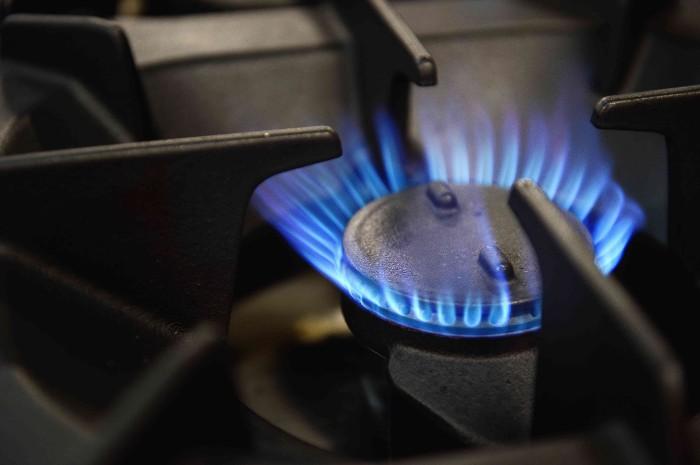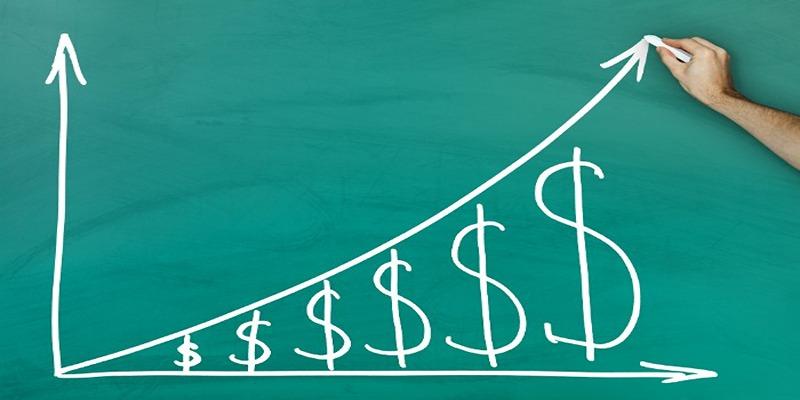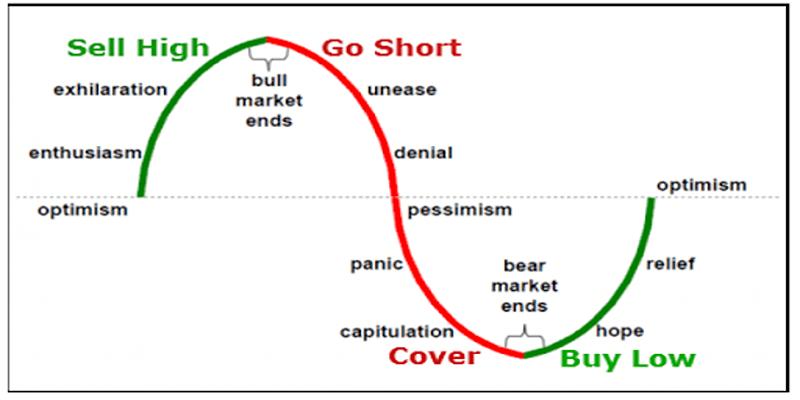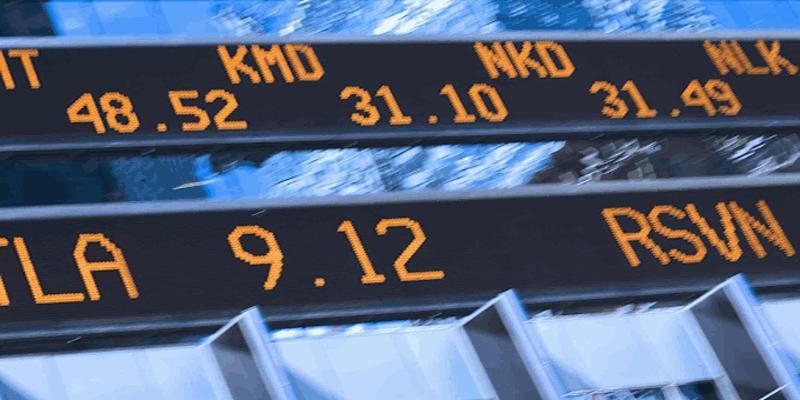Are you about to invest in natural gas for your business or home? If so, understanding how the industry measures it can help you make a well-informed decision. When working with natural gas, MCF (thousand cubic feet) is the most common unit of measurement.
While this might seem confusing at first, learning more about what MCF is and how to measure it will give you a better understanding of the process involved. This blog post will provide you with everything needed to understand natural gas measurement in MCFincluding an overview of what determines its pricing.
Understand What MCF is and How it's Used in Natural Gas Measurement
MCF stands for "thousand cubic feet" and is the most common unit of measurement used in natural gas. The MCF unit measures the volume of natural gas, usually over a given period. It may also be referredcalledday or MCF/month. Natural gas producers, utilities, and other industry professionals use MCF as the standard unit of measure when buying, selling, and exchanging natural gas.
MCF is often used to measure production from a well or other sources of natural gas. The MCF unit is also helpful in assessing the capacity needed for storage facilities. A pipeline system's capacity may be monitored in terms of thousand cubic feet per day. Knowing how many MCF of natural gas you have is essential to understanding the value of your energy resource, as well as tracking use, assessing production, and more.
At its core, an MCF measurement simply converts cubic feet into thousands of cubic feet. One MCF measures 1,000 cubic feet (cf) and, thus, is an easy and effective way to measure large volumes of natural gas.
Understanding the purpose of MCF and its usage in measuring natural gas provides key insights into this important energy resource. When utilizing MCF units, natural gas can be measured efficiently in terms of storage capacity, production yield, and utility consumption. Knowing this information helps companies make sound decisions regarding buying, selling, and exchanging natural gas.
Learn the Meaning of Different Natural Gas Units
MCF is not the only unit of measure for natural gas. Other common units include cubic feet (cf), British thermal unit (BTU), and decathlon (dth).
A cubic foot of natural gas contains 1,000 BTUs, so 100 cf would contain 100,000. A single decathlon (dth) equals the energy content of 10 terms or 1,000,000 BTUs.
The MCF unit is the most commonly used measure of natural gas because it allows for easy conversion between other units. For instance, you can convert cubic feet into MCF by dividing by 1,000. To convert from MCF to decatherms, multiply by 1.055056.
To successfully measure natural gas reserves and usage, it’s important to understand the different units of measure and how they correspond. Knowing which unit is most appropriate for a given situation helps ensure accurate measurements and evaluations when dealing with natural gas.
The MCF unit is the most commonly used measure of natural gas because it allows for easy conversion between other units. With an understanding of how to use this measurement and its corresponding units, you can accurately gauge your natural gas resources' capacity, production, and value.
Understand How to Convert from One Unit to Another
Regarding natural gas measurement, conversion between different units is key. Knowing how to convert one unit into another can help you make informed decisions about natural gas resources.
Here are some of the most common conversions:
- MCF to cubic feet (cf): Multiply by 1,000
- Cubic feet to MCF: Divide by 1,000
- MCF to decatherms (dth): Multiply by 1.055056
- Decatherms to MCF: Divide by 1.055056
Understanding the conversion between different natural gas units enables companies and other professionals in this industry to accurately evaluate and assess their resources. By knowing how to convert from one unit to another, you can confidently work with natural gas in various situations.
Use MCF for Tracking Your Natural Gas Usage
MCF measurement is an efficient and effective way to track natural gas usage. The MCF unit is one of the most commonly used units for measuring a pipeline system’s capacity and other aspects of natural gas production and use. By tracking your natural gas usage in terms of MCF, you can better understand your resources and make sound decisions when it comes to buying, selling, and exchanging natural gas.
Measuring natural gas in MCF is important for assessing and managing energy resources. Knowing how to use this unit of measure can help you accurately track production yields and utility consumption and properly evaluate your natural gas reserves. With a better understanding of MCF and how to convert between other units, you can confidently work with natural gas in any circumstance.
Follow Local, State, and Federal Regulations for Measuring Natural Gas
When measuring natural gas in MCF, following all local, state, and federal regulations is important. These laws are designed to protect the safety of everyone involved in working with natural gas and ensure that businesses properly assess their resources.
When dealing with any energy resource, always ensure you understand and comply with the applicable laws and regulations. Measuring natural gas in MCF is a common practice for evaluating reserves, production yields, utility consumption, etc.
By understanding how to use this unit of measure and other associated conversions, you can properly assess and manage your resources. Always follow all local, state, and federal regulations when dealing with natural gas to ensure the safety of everyone involved.
Practical Tips for Storing and Using MCF Data Effectively

Storing and using data can be complicated, especially when dealing with Natural Gas usage.
Here are some practical tips for storing and effectively using MCF data:
1. Use a secure database system to store your MCF measurements. This will ensure the data is properly secured and protected from unauthorized access or manipulation.
2. Make sure the data is accurate and up-to-date. It’s important to regularly check that your MCF measurements are correct, so you can make informed decisions when dealing with natural gas resources.
3. Establish standard protocols for storing and using MCF data. By setting clear guidelines on how the data should be used, you can ensure everyone uses the same standards when working with natural gas.
4. Utilize a data visualization tool to help visualize and understand your MCF measurements. This can make it easier to analyze trends in usage and other aspects of your natural gas reserves.
5. Use analytical tools such as AI and machine learning to help you make more informed decisions about natural gas. These technologies can provide valuable insights into your data and enable more efficient decision-making.
FAQs
How is natural gas measured MCF?
Natural gas is measured in MCF, or thousand cubic feet. This unit of measure is used to calculate the amount of natural gas in a pipeline system and other aspects of production and use.
What are some practical tips for storing and using MCF data?
Some practical tips for storing and using MCF data include using a secure database system, making sure the data is accurate and up-to-date, establishing standard protocols for storing and using the data, utilizing a data visualization tool to help visualize the measurements, and using analytical tools such as AI and machine learning to make more informed decisions.
What regulations should I follow when measuring natural gas in MCF?
When measuring natural gas in MCF, following all local, state, and federal regulations is important. These laws are designed to protect the safety of everyone involved in working with natural gas and ensure that businesses properly assess their resources.
Conclusion
After reading this blog post, you should understand more information regarding natural gas and MCF measures. You should better understand the different factors involved in determining its pricing. After reading through the information provided here, you should feel confident investing in natural gas, knowing how to measure it, and being up-to-date on what affects its valuation.




